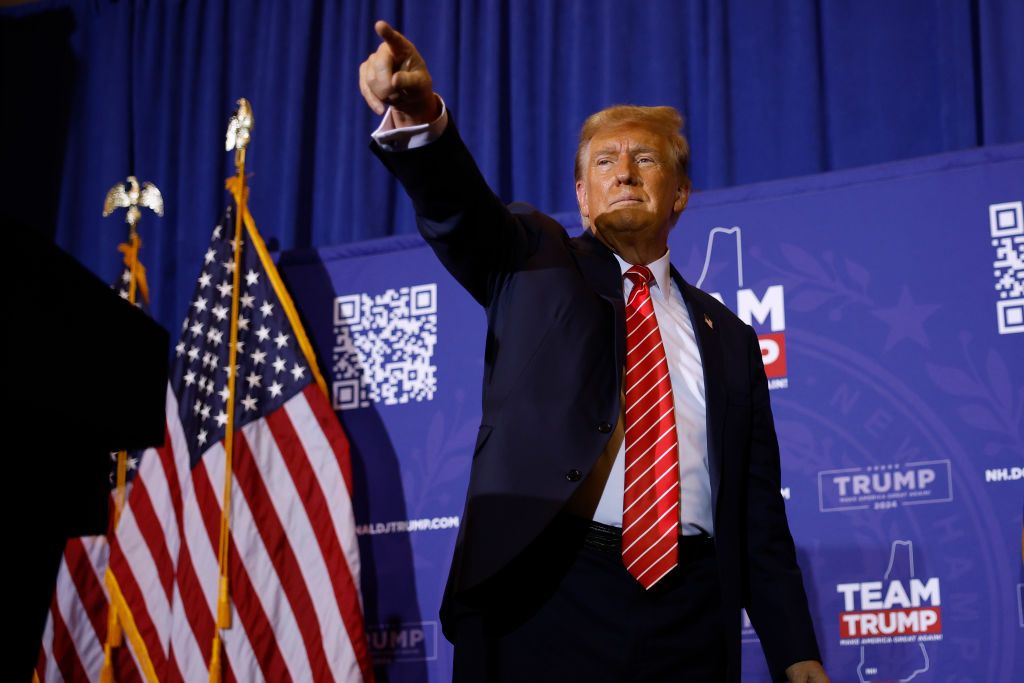Washington Post: European officials privately discussing 'continentwide complement' to NATO

European officials have publicly and privately voiced growing concern over the prospect of former U.S. President Donald Trump's potential return to the White House and have begun discussing backup security plans should he follow through with his suggestions that the U.S. pull back from NATO, the Washington Post reported on Feb. 18, citing sources.
Trump said earlier in February that he would encourage Russia to do "whatever the hell it wants" to NATO members who do not meet the 2% defense spending mark, the latest in a series of comments that have raised fears in Europe over the former president's unclear commitment to the alliance.
The suggestion was widely condemned by leaders throughout NATO, including by U.S. President Joe Biden, who characterized Trump's remarks as "dangerous" and "un-American."
The Washington Post spoke to a number of European officials who said that they were both plotting ways to more effectively communicate with the MAGA wing of the Republican Party and making preparations in case Trump is reelected and delivers on his proposed retreat from NATO.
"When the former and possibly future leader of the free world says that he would sit back and see how Russia would attack NATO allies, we have to rethink what U.S. commitment towards Europe and Ukraine could look like," one unnamed European official said.
"We do have to hope for the best but must prepare for the worst."
Unnamed officials also said that creating a "continentwide complement" to the alliance has been suggested, which would "work in concert with U.S. security assurances, but could also serve as a credible alternative if U.S. guarantees are pulled."
The discussions on this proposal are still bogged down in larger disagreements throughout the continent about funding and defense priorities.
Another possible approach would be "promising the Americans tougher action on China in return for supporting Ukraine and NATO," unnamed officials said.
U.S. Senator J.D. Vance, who is a prominent Trump supporter and outspoken opponent of U.S. aid to Ukraine, spoke about the priorities of the Trump wing of the Republican party regarding NATO and Ukraine at the Munich Security Conference on Feb. 18.
"The problem with Europe is that it does not provide enough of a deterrent on its own," Vance said. "I think the American security blanket has allowed European security to atrophy."
While he did not say that the U.S. should completely pull out of NATO, Vance said that China should be more of a focus.
"I do not think that (Russian President) Vladimir Putin is an existential threat to Europe," he also said, suggesting that the West should be open to talking to Russia.
"The fact that (Putin) is a bad guy does not mean we can’t engage in basic diplomacy and prioritize America’s interests," he said.
Putin has privately signaled a potential willingness in recent months to hold talks about a ceasefire in Ukraine, but Western officials are skeptical that Russia is interested in good-faith negotiations. After Reuters reported about Putin's proposed overtures to the West regarding a peace deal, the Kremlin denied such suggestions were made.
Putin and other Russian officials have also regularly reiterated their maximalist goals for the full-scale war in Ukraine and have shown little indication that they are ready to abandon them.














